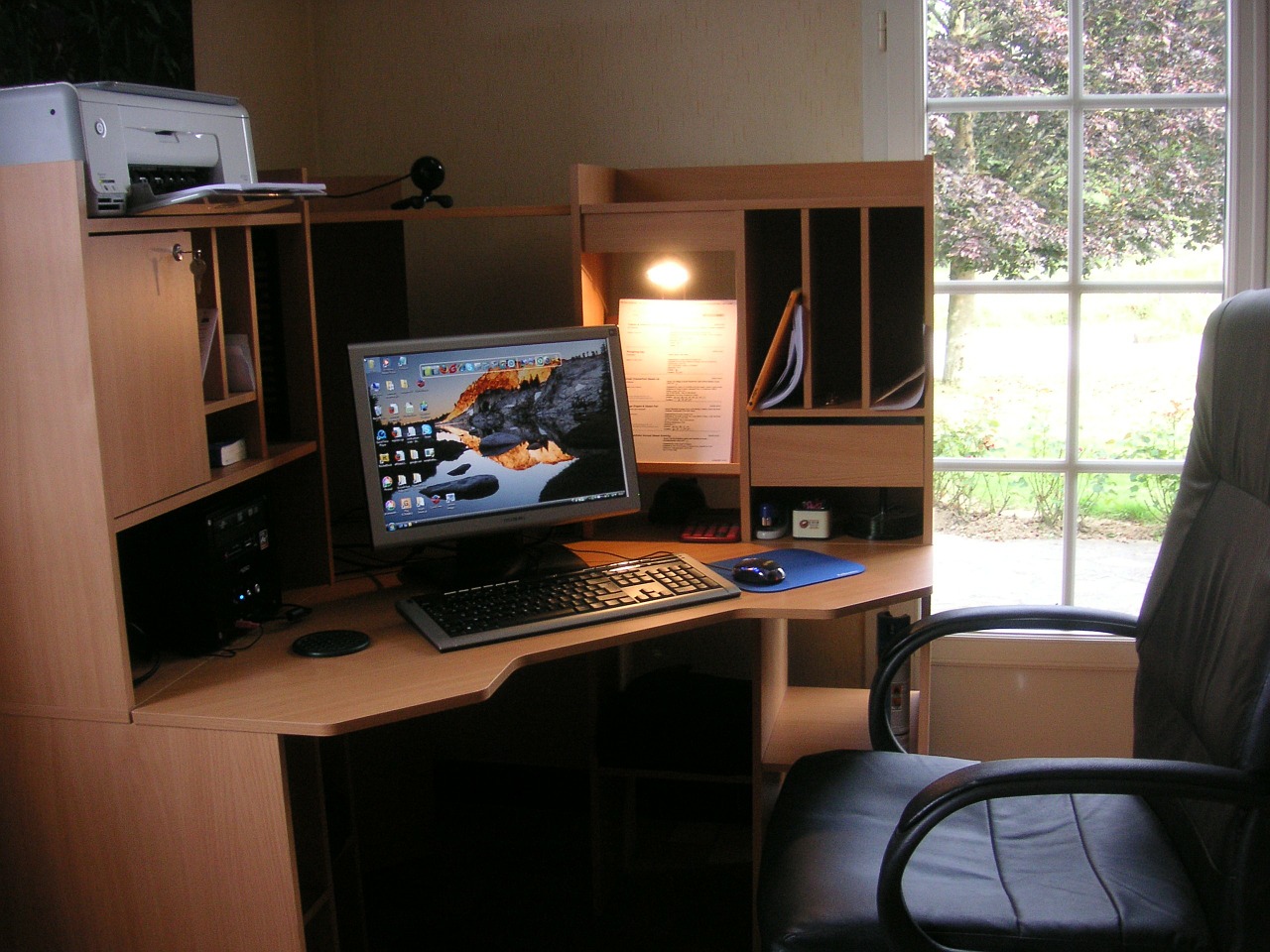SHN survey: Working from home beneficial but not for everyone
While many readers of Scottish Housing News are taking advantage of the flexibility presented by working from home (WFH), our survey has revealed that more needs to be done to ensure employees are equipped to do so on a long-term basis and concerns have been raised regarding the loss of social interaction.

As we ease ever further out of lockdown restrictions, WFH looks set to become the default mode of working for some time yet but office working and outdoor visit will always play a key role, particularly in the provision of services to tenants.
Unsurprisingly, 100% of our 93 respondents said their organisation had made use of WFH during the coronavirus crisis. A mere 9.7% believe this trend will not continue after the restrictions are eased, while 90.3% are convinced it will.
While still a convincing majority, the figure drops somewhat to 76.3% when respondents were asked if more WFH was personally desired.
The balance of life and work was undoubtedly improved for some, with readers especially welcoming the lack of time, money and energy spent commuting.
One said: “Through working from home, I have essentially been given 15 hours a week of additional time (that was spent previously commuting) back that I’m able to use more productively (spending time with kids, exercise etc).”
Now almost everybody is an expert on Zoom and Microsoft Teams, others welcomed the introduction of new ways of working which have emerged due to the restrictions of movement.
“I am used to WFH in the type of work that I do,” a respondent revealed. “However, the improvements in use of technology and organisations more readily adopting video conferencing facilities has been of huge benefit toward efficiencies across the sector.”
There is an admission, though, that some people are in a better position to immediately take advantage of WFH than others.
“I am lucky to have a spare room to work in so I enjoy home working,” one reader offered.
“I have enough space that I created an office but am concerned about other people having to home work if they live in small properties,” added another.
The same is true for employers. One housing association worker said their organisation has been “very pro-active in making sure that we have all the equipment we need to work from home, and we were all set up to be able to work from home, even before the COVID-19 pandemic”.
On the other hand, we received calls for employers to supply the equipment to allow staff to access systems they need to carry out their job tasks from home.
One local authority employee said their section was not set up for WFH at all.
They said: “We have had to adapt quickly and it has been a slow process being able to get everyone in the team set up with emails. Most staff do not have a council device and are then required to work from home on their own laptops or tablets which can prove difficult. This also means we do not have access to council systems.
“Several colleagues do not have their own devices and therefore have had to go into the office which then puts them at risk. I believe the council should have had plans in place to be more prepared for home working prior to COVID.”
Another complained that it took three months until appropriate IT equipment was ready for home working and that some colleagues are still unable to work due to a lack of equipment.
And while many respondents felt they were more productive, others found WFH presented more challenges than solutions.
One reader found it “very difficult” to work from home as there is “no separation”, which affected their ability to think clearly and make good decisions.
Others bemoaned the lack of face-to-face interaction of the office and the ability of staff to y out their duties.
As one reader said: “It is always good to see people face-to-face as that bit of ad hoc networking has disappeared at the moment.”
“Although home working does have some benefits, you can’t replace this with the office interactions and catching information from colleagues from a conversation that you wouldn’t have had at home,” another added.
A third simply missed “the structure of purpose”.
Therefore a balance is required, a point a view offered by some of the more detailed responses which we will publish in full…
- “Giving people the choice around whether to work at home can reduce stress, is better for the environment, and is good for equality as it lets people have more of a life outside the demands of the daily commute and work. We’ve had the technology to do it for quite some time, so why didn’t we do it before? Surely everyone should have the opportunity to flourish in an environment that is best for them. Some thrive in a busy environment, social environment and some don’t. Giving people the choice would make some people happier, more creative and more enjoyable to work with. Let’s not miss the chance to make that happen.”
- “We have adapted to working from home very easily. I believe we communicate as an organisation and team better through our digital platforms (e.g. video calls). Throughout the COVID-19 lockdown we have carried out research and adapted our services to support tenants, local authorities and registered social landlords to continue engaging and working together through using digital platforms. However the success of this approach is very much dependent on how social landlords adapt their services to support their staff and tenants to commit digitally.
- “Balance between working from home and needs of our customers to see and speak to staff in person needs to be just right. The power and vibrancy of CCHA is their on-site presence and staff working face to face with customers and other stakeholders.”
- “We are a charity called Edinburgh Tenants Federation. We have started having zoom meetings with staff and our board of trustees. Although it has been beneficial to still take part in pieces of work, we are missing the office meetings, face to face contact and camaraderie as well. I live in Glasgow and work in Edinburgh, so I’m not missing the daily commute and I’m saving quite a bit in money.”
- “COVID-19 has forced our organisation to test and expand our flexible working policies, and we anticipate this will continue beyond the pandemic. Our experience has been predominantly positive as far as staff management goes, though we’re keen to resume normal service delivery for our tenants, when it is safe to do so.”
- “Many organisations are likely to realise the savings that may accrue from home working especially from less reliance on expensive office accommodation, travel cost savings etc If productivity can be maintained we may see home working become a key part of the new normal.”
- “We already have a two-day per week homeworking policy which is great. We do unnecessary UK travel which I believe will be scaled back after COVID-19 and this is a good thing. My concern is what is lost by losing both the quality of face to face meetings and the natural discussions and humour of being together in an office. Online is fine for tasks and teams with a clear remit. It isn’t for debate, critical discussions or genuine relationships. I hope we get the balance right when things move on.”
- “I feel that as I look at tenancy sustainment I need to be around colleagues to discuss what is and isn’t working for tenants and discuss improving the tenants experience as LA tenant. I don’t feel that I have this knowledge and can gain it by sitting at home myself.”
- “If home working is to increase then this must be reflected in management training and job descriptions. Additional costs incurred by the worker must also be considered for e.g. creating a suitable working spaces. The fact that parents may be at a significant disadvantage when it comes to home working also has to be considered.”
- “Home working can be great; flexible and good for promoting a work life balance. However, when you don’t work as part of a bigger team and have regular social interaction, even via virtual meetings, it can be very isolating. Also depends on how good your manager is at keeping you in the loop and communicating with you, even a quick ‘Are you OK’ is nice. Also, IT needs to be better thought out, it can take 3 times as long to do something when using your own device.”




